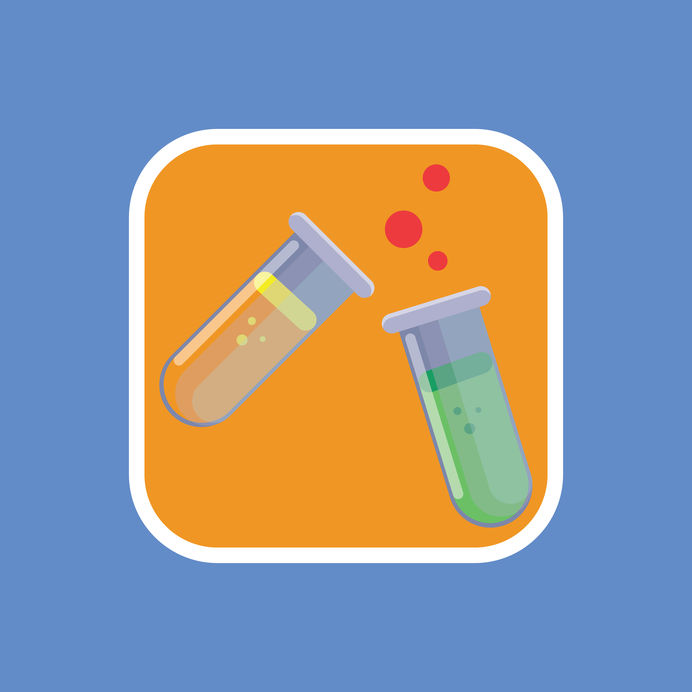Strategies for Better Health
I sometimes encounter patients with troublesome health conditions that want to try changing “one thing” and see if it works. In my practice, this “one thing” is usually adding a course of acupuncture treatments, at once or twice per week. For these patients, there is a sense that changing only one thing is a scientific approach, and therefore it is superior to other approaches that are less “scientific”. This post outlines why this strategy is often a mistake and why changing multiple things at once is often the most efficient approach to resolving a health related problem.

To start the discussion on this topic, I wanted to highlight the work of Doctor Dale Bredesen. Dr Bredesen is Neurologist at UCSF who specializes in the treatment of Alzheimer’s disease. Alzheimer’s disease is both notoriously difficult to treat and also notoriously resistant to any single drug therapy. Many drugs have been developed for the condition but none have worked. The problem here is that Alzheimer’s is a chronic degenerative disease that occurs over years or decades, and therefore the symptoms are typically the “tip of the iceberg”. Dr Bredesen saw that current treatments were ineffective and started looking for therapies to help his Alzheimer’s patients. After extensive research Bredesen developed a surprisingly effective treatment protocol that has been scientifically proven to help a high percentage of Alzheimer’s patients. His solution is a 36-point protocol which includes supplements, dietary changes, exercise, stress reduction techniques and more. One study showed that the more of these 36 points that patients did, the better the patient outcomes.

So now we have a good example of a medical condition where doing many things at once is not only a good approach, it is actually the only thing that works at all! Many people have take issue with this “systems approach” to health and try to cast doubt on any such approach calling it “unscientific”. From this school of thinking a holistic approach will never be sufficient. This school of doubters comes from the idealistic thinking of pharmaceutical testing where only a “double-blind, placebo-controlled trial” is sufficient to establish scientific proof. While this tagline make sense on the surface, it is generally used as a framework to establish drugs as scientific and everything else as non-scientific quackery. By this double-blind standard is surgery scientific? Is putting and IV drip into a dehydrated patient scientific? Nope, neither would be considered scientific because we would have to run a multi-million dollar study on these procedures where the patients didn’t know if they were getting the procedure (single blind) and the doctors didn’t know if they were administering the procedure (double blind).

A quick aside while we are on the topic of how scientific medications are:
If we really wanted to have our prescription drugs backed by “science” then we would have to perform double-blind experiments on each drug combination. Currently medications are doled out with a mix-and-match approach; This means that millions of patients are currently on a cocktail of 2 or more medications that have never been tested together in any scientific trial and therefore the combinations cannot be considered “scientific”. We have millions of Americans staking their lives on the assumption that multiple medications are safe and effective when taken together but there is no science to prove this claim. This method of mix-and-match pharma seems a bit unscientific to me, no? Also, did you know that pharma companies can run multiple drug trials on a medication and then only submit the results of the top two trials for approval? Yup, big pharma can just throw out drug trials with bad results! So it would seem that government agencies has some interesting ideas on what counts as “scientific”.
Sorry, I got a bit off topic there… but hopefully you can see where being rigidly “scientific” is limiting and also how aspects of our medicine system that are supposedly “scientific” are, in fact, not. The point here is that taking a “systems approach” will generally be the most effective approach to health, especially for chronic conditions. In my practice I encourage patients to take on as many changes as they are ready for. These changes may include: supplements, herbs, dietary changes, stretching, strengthening, improving posture, working on correct breathing, improving sleep quality, lowering stress levels, etc. This type of holistic advice is as traditional as Chinese Medicine itself. Even thousands of years ago acupuncturists were not just body mechanics, they were lifestyle coaches, dietary advisors and more. This systems approach takes a bit more care and effort, but in the end results come quicker and are longer lasting.
